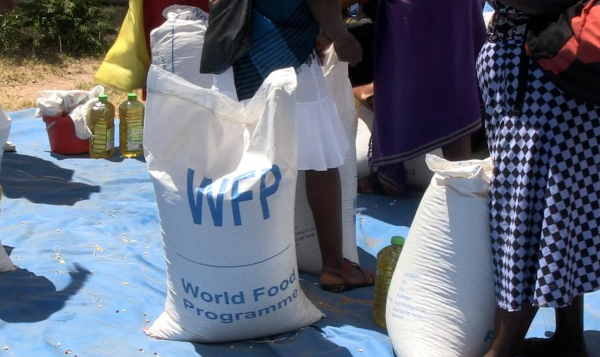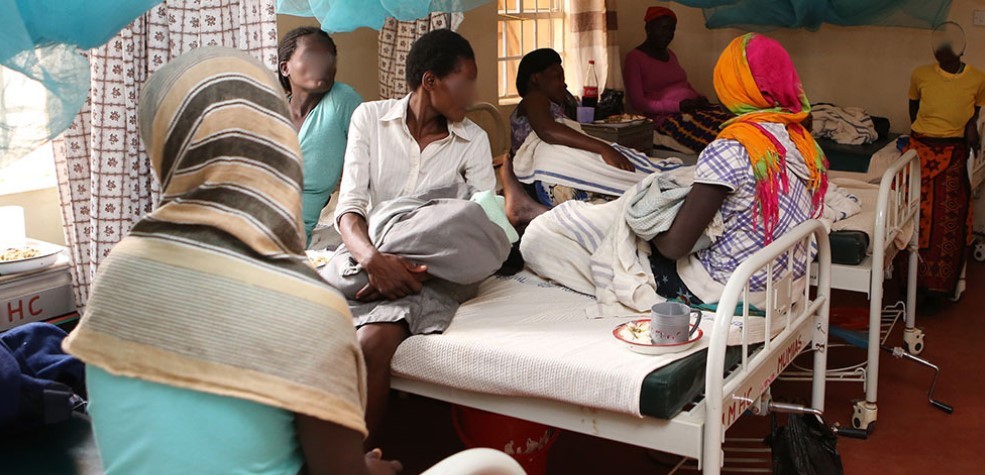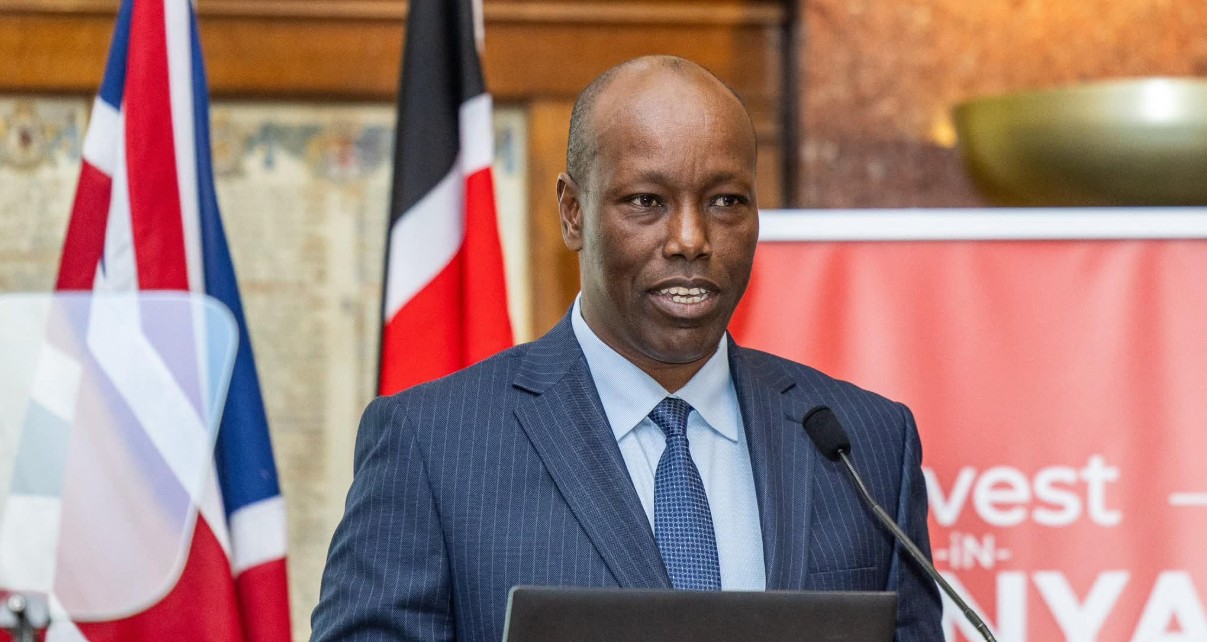UN warns of rising hunger across Africa

The number of hungry people around the world decreased for a third straight year in 2024. But Africa bucks the positive trend: conflict, climate change, and economic shocks are increasing hunger and malnutrition.
A global report released Monday projects that Africa will account for nearly 60 per cent of the world's hungry people by 2030.
The report by five United Nations agencies says that more than one in five people on the African continent, a total of about 307 million, were chronically undernourished in 2024, meaning hunger is more prevalent than it was 20 years ago.
More To Read
- UN human rights expert visits Port Sudan amid escalating civil war and RSF power move
- From hobby to lifeline: How gardening is becoming a path to food security and resilience
- Trading Africa’s minerals for security deals is a dangerous gamble, experts warn
- WFP to halt humanitarian aid in Northeast Nigeria, leaving 1.3 million at risk
- Ethiopian Airlines executive views new Urumqi cargo route as crucial corridor linking Africa-Asia
- Food insecurity in Africa persists as poor infrastructure hampers supply chains – World Bank
Around 673 million people, or 8.2 per cent of the world's population, experienced hunger in 2024, down from 8.5per cent in 2023, according to the State of Food Security and Nutrition in the World report (SOFI).
"The extreme food insecurity is being driven by conflict, and we have the largest number of conflicts in the last decade," Alvaro Lario, President of the International Fund for Agricultural Development (IFAD), told DW.
Increased food inflation
The gap between global food price inflation and overall inflation peaked in January 2023, driving up the cost of diets and hitting low-income nations hardest, the report said.
Productivity gains are not keeping up with high population growth and the impacts of conflict, extreme weather and inflation.
Conflicts in hotspot areas such as Sudan and the Democratic Republic of Congo have driven people to extreme situations.
"Hunger feeds future instability and undermines peace," UN Secretary-General Antonio Guterres said in remarks delivered by video link to the Food Systems Summit in Ethiopia on Monday.
Some African countries have been hamstrung by debt overhang which experts describe as a hindrance to public expenditure on food.
"Many African countries are struggling with repayments on their debt," Lario told DW, adding that high interest on debt are taking up 10-25 per cent of public expenditure.
"This is clearly distracting a lot of the potential investment. We want to support many of these countries with debt relief or debt interest payments," he said.
High cost of healthy diet
According to the SOFI report, the percentage and the number of people unable to afford a healthy diet has decreased significantly in Asia, Latin America, the Caribbean, North America and Europe.
But, in contrast, it rose across Africa, from 64.1 per cent in 2019 to 66.6 per cent in 2024, representing an increase from 864 million to 1 billion people.
Other Topics To Read
 Many African nations still rely on imported food aid, which has dried up amidst worldwide funding cuts. (DW)
Many African nations still rely on imported food aid, which has dried up amidst worldwide funding cuts. (DW)
In some countries like Nigeria, the steepest food price increases were in starchy staple foods and oils. Staples form the core of diets for the poorest households, and such increases can undermine food security and nutrition.
"Where diets are least affordable, wasting and stunting rates are simultaneously highest," Tendai Gunda, a public health nutritionist, told DW.
She added that price and income dynamics are now a dominant pathway through which malnutrition, under-nutrition, micronutrient deficiency and diet-related non-communicable diseases persist.
What action should governments take?
Food security organisations have called for political will, strong public financing, and development plans to achieve food self-sufficiency.
"It is important that more countries focus on becoming self-sufficient, so that many of the small-scale farmers not only produce, but are able to sell onto markets," IFAD President Lario said, adding: "Investments would be fundamental if we want to tackle both poverty and hunger in rural areas."
Nutritionists have also urged governments to classify agricultural-food supply chains as essential services and maintain open intra-African trade corridors.
"Nutrition governance should be supported through funding of multi-sectoral food and nutrition councils," said Gunda.
Gunda says governments should also elevate women's land use and finance rights, a policy that has proven to improve child and maternal health.
Top Stories Today












































